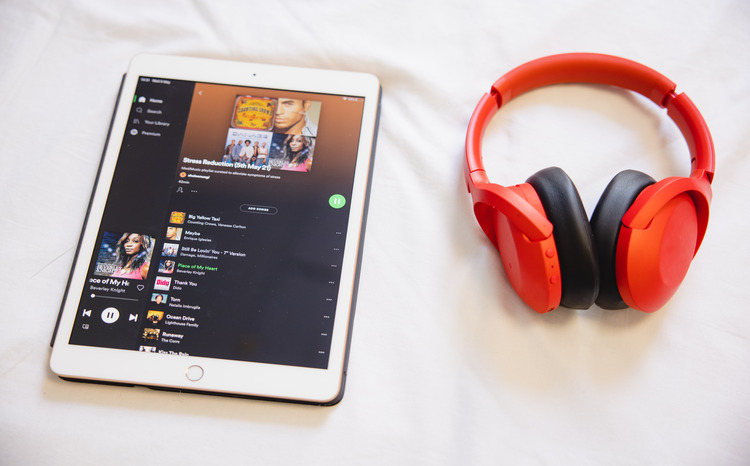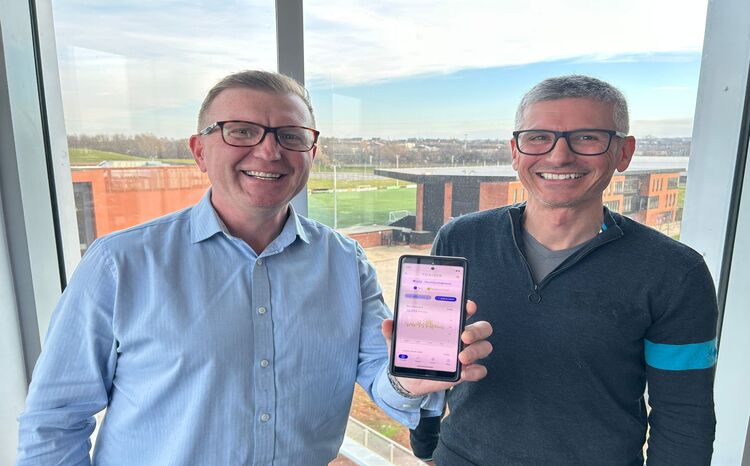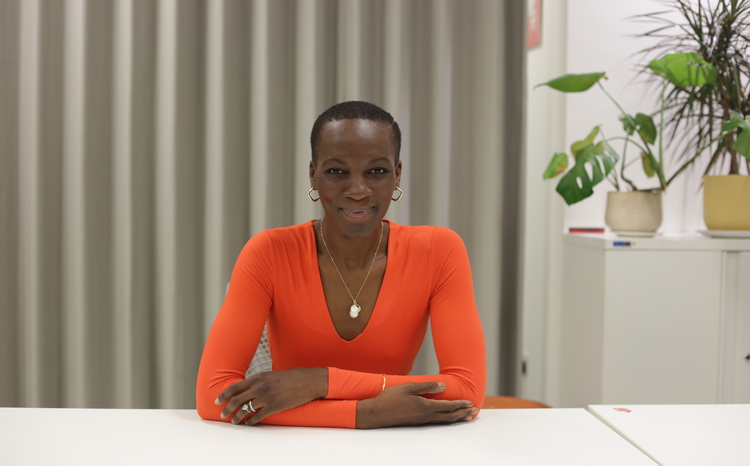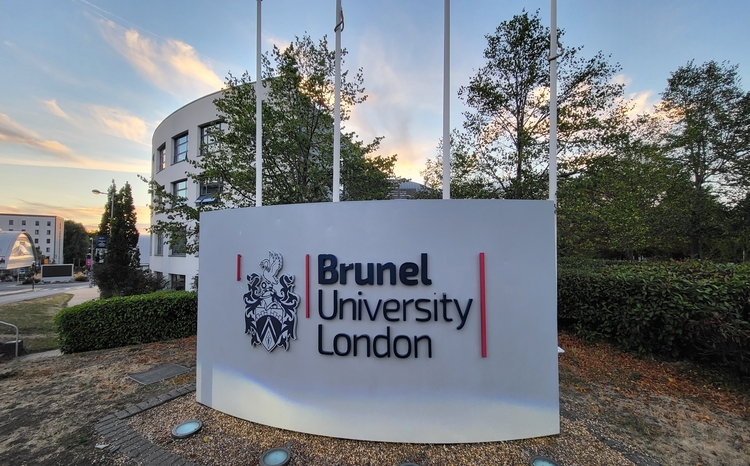‘Music as medicine’ trialled for South Asian people with dementia
- 20 December 2024

- British health tech firm MediMusic and researchers from Anglia Ruskin University have been awarded £183,682 to investigate how AI technology and music can ease anxiety amongst people of South Asian backgrounds who are living with dementia.
- The 3 month project, funded by Innovate UK, will explore how a machine learning-based music recommendation app can be used as a form of therapy
- MediMusic has created technology that digitally fingerprints music to develop relaxing playlists to help ease pain, anxiety and stress.
British health tech firm MediMusic and researchers from Anglia Ruskin University have been awarded £183,682 to investigate how AI technology and music can ease anxiety amongst people of South Asian backgrounds who are living with dementia.
The three-month project, funded by Innovate UK, will start in Q2 of 2025 to explore how a machine learning-based music recommendation app can be used as a form of therapy to support Indian and Pakistani care home residents with dementia, as well as their professional carers.
MediMusic has created technology that digitally fingerprints music to develop relaxing playlists to help ease pain, anxiety and stress.
Gary Jones, chief executive and cofounder of MediMusic, said: “The transformative power of music to make us feel more relaxed and healthier is truly extraordinary. Our initial clinical trials have yielded highly promising results, signalling a ground-breaking future in patient treatment.
“The potential to dispense music as a therapeutic intervention could revolutionise the care of people grappling with pain and anxiety, including for people in care homes and patients in hospital.
“We believe we will eventually see music prescribed on the NHS. Musical medicine would help the NHS save money on costly medications treating anxiety and stress.”
MediMusic’s algorithms extract the relevant features from the digital DNA of a piece of music, resulting in a “fingerprint” for healthcare use which works with the patient’s age, gender, nationality, and ethnicity to compile a 20-minute playlist of music to influence multiple areas of the human brain to help reduce anxiety and pain.
The playlists can be listened to on a streaming device, called the MediBeat, using a pair of headphones, or on other devices such as smartphones.
Initial clinical trials at Lancashire Teaching Hospitals NHS Foundation Trust, which took place over three months in 2020, found that the use of MediMusic resulted in a reduction in heart rate for patients living with dementia by up to 25%.
Dr Ming Hung Hsu, senior research fellow at Anglia Ruskin University, said: “This study is incredibly exciting as research hasn’t been carried out amongst care home residents from the South Asian community before, but we know from our previous work that music can have a joyful and calming effect for those living with dementia and those looking after them.
“We will begin by exploring the meaning and use of South Asian music in people’s everyday lives, carry out interviews with those involved in delivering care, and then progress to a controlled pilot study involving care home residents of South Asian backgrounds and their professional carers.
“This will examine the feasibility of implementing music therapy, using the MediMusic app, within care homes to manage distress for those with dementia.”
In 2023, Warner Music Group announced a partnership with MediMusic to help trial ‘music as medication’ in care homes and hospitals in the UK and US, as well as granting access to its music catalogue. MediMusic has also secured deals with Universal Music Group and Sony Music Entertainment to access their vast music catalogues.




